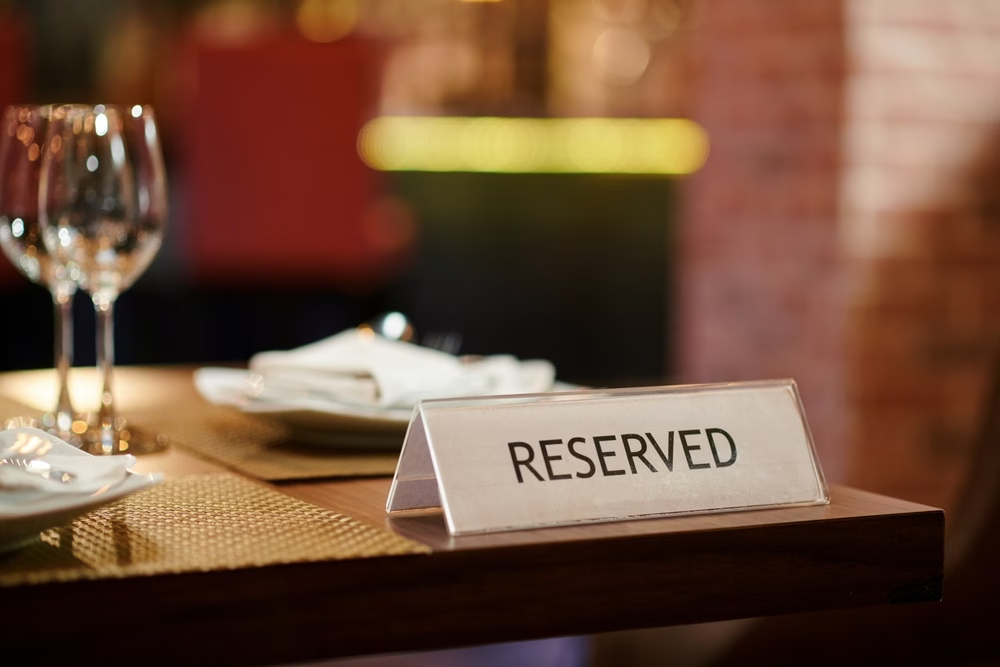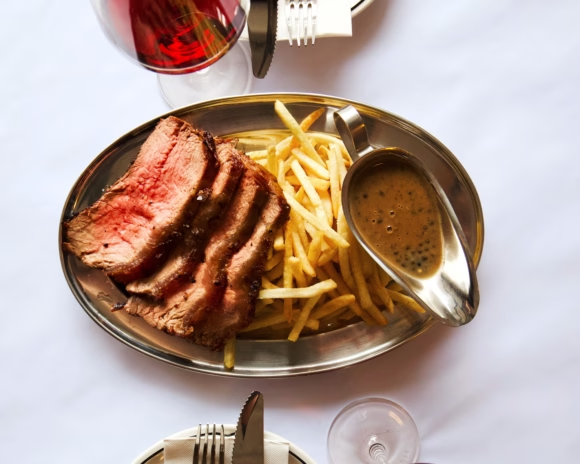The practice of ‘ghosting’ restaurant reservations is costing Australian venues an average of nearly $6,000 annually, according to new data from OpenTable that highlights a growing issue in the hospitality sector.
Research from the restaurant technology platform reveals 64% of diners who have previously failed to show up for bookings have no-showed again within the past six months, leaving restaurants to try and fill empty tables and recover lost revenue.
OpenTable’s analysis of reservation data shows that no-shows could cost an individual restaurant an average of $5,971 in lost revenue each year—a significant burden for an industry already operating on thin profit margins.
“No-shows are a multi-million dollar problem for the hospitality industry, a financial burden that illustrates why every honoured reservation is so important,” said Wes Lambert, CEO of the Australian Restaurant & Cafe Association (ARCA). “Not taking the step to cancel your reservation isn’t a small faux pas; it can be a hit to restaurants.”
The repeat offender problem
The issue is worsening among those who ghost reservations. OpenTable’s consumer research found that diners who admitted to no-showing in the past two years have failed to appear an average of four additional times in the last 12 months alone.
Troublingly, 34% of these diners are fully aware of the financial impact their actions have on restaurants.
Drew Bowering, Senior Director of Restaurant Sales and Services ANZ at OpenTable, noted that larger parties pose the greatest risk: “While group bookings often bring the biggest rewards for restaurants, they also carry the highest risk of no-shows. Our data shows that larger groups of five or more were found to be the most likely to no-show, while solo diners tend to be the most reliable for restaurants.”
When no-shows peak
OpenTable’s data analysis of reservations from August 2024 through July 2025 revealed distinct patterns in no-show behaviour:
- Valentine’s Day week sees bookings 24% more likely to be ghosted compared to standard no-show rates
- Saturday nights experience 23% more no-shows than Tuesdays, the most punctual day of the week
- Late-night reservations between 9pm and 9:59pm are 71% more likely to be skipped compared to lunch bookings
- September recorded the highest proportion of no-shows in the past 12 months
Why diners ghost
The research uncovered a disconnect between diners’ intentions and actions. The most common reason for not showing up was last-minute plan changes, cited by 38% of respondents.
However, when reflecting on their most recent no-show, 41% simply forgot about their reservation.
Other factors included feeling awkward or guilty about cancelling (26%), unclear cancellation processes (22%), and finding it inconvenient to cancel (21%).
“Restaurant reservations deserve the same commitment as tickets to the theatre or a football match,” said John Rivera, co-owner and head chef at Melbourne restaurant Askal. “When you show up for your booking, you’re respecting the time, preparation and livelihood of the people who bring that dining experience to life.”
Industry responds with tools
To combat the issue, restaurants are increasingly implementing protective measures. OpenTable offers partner restaurants tools, including customisable credit card holds and deposits to safeguard revenue.
The strategy appears effective. Since OpenTable launched its deposits feature in 2022, partner restaurants worldwide that use it experience 50% fewer no-shows than those that don’t.
OpenTable and ARCA are now calling on Australian diners to end the ghosting culture by either honouring their reservations or cancelling them in advance, allowing restaurants to fill tables with other guests.
“OpenTable is dedicated to helping restaurants combat this issue,” Bowering said. “Diners committing to ending Australia’s no-show culture is an important step to ensure restaurants can continue to deliver exceptional dining experiences.”







